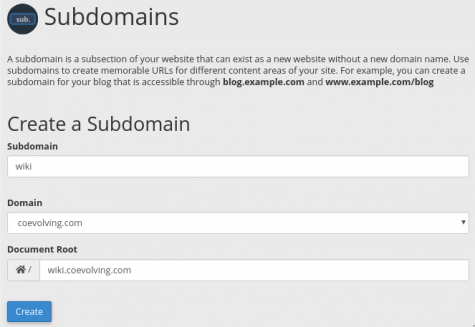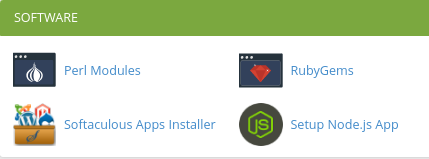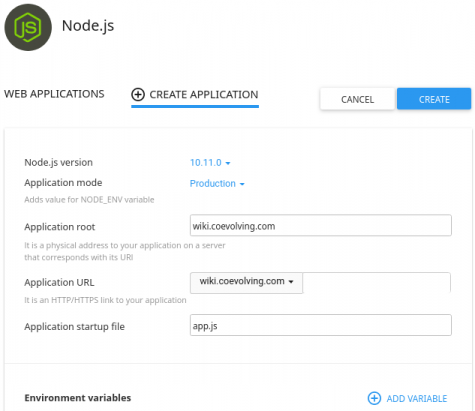Choosing topics for a Systems Thinking Ontario session, it seems as though the term “Normal Accidents” was not one familiar to many, particularly those who were not old enough to recall popularization coinciding with the 1979 movie The China Syndrome. The interest then on High Reliability Organizations would also be news to most of our usual attendees. Thus, a session based on readings was announced ….
Have we learned from brushes with disaster, or have we become complacent about complexities in everyday life?
This video has been archived on the Internet Archive .
| Video |
H.264 MP4 |
August 9
(1h32m) |
[20210809_ST-ON_Ing NormalAccidentsHighReliabilityWickedMesses FHD.m4v]
(FHD 578kbps 456MB) [on the Internet Archive] |
Audio downloadable onto mobile devices was transcoded from the video into MP3.
On March 28, 1979, an accident with a nuclear reactor occurred at Three Mile Island, Pennsylvania. Twelve days earlier, an Academy Awards winning film The China Syndrome had opened with a story fictionalized from a 1975 fire at a nuclear plant in Brown’s Ferry, Alabama, raising public awareness of an issue. For a Presidential Commission on the Accident at Three Mile Island, sociologist Charles Perrow contributed organizational analysis report. On a sabbatical to the Center for Advanced Study in the Behavioral Sciences in 1981-1982, that report expanded to include other high-risk systems, becoming the Normal Accidents book, published in 1984.
In the 1990s, a group at Berkeley initiated by Todd LaPorte noticed some high-hazard organizations who able to consistently manage risks to be failure-free.… Read more (in a new tab)
Choosing topics for a Systems Thinking Ontario session, it seems as though the term “Normal Accidents” was not one familiar to many, particularly those who were not old enough to recall popularization coinciding with the 1979 movie The China Syndrome. The interest then on High Reliability Organizations would also be news to most of our usual attendees. Thus, a session based on readings was announced ….
Have we learned from brushes with disaster, or have we become complacent about complexities in everyday life?
This video has been archived on the Internet Archive .
| Video |
H.264 MP4 |
August 9
(1h32m) |
[20210809_ST-ON_Ing NormalAccidentsHighReliabilityWickedMesses FHD.m4v]
(FHD 578kbps 456MB) [on the Internet Archive] |
Audio downloadable onto mobile devices was transcoded from the video into MP3.
On March 28, 1979, an accident with a nuclear reactor occurred at Three Mile Island, Pennsylvania. Twelve days earlier, an Academy Awards winning film The China Syndrome had opened with a story fictionalized from a 1975 fire at a nuclear plant in Brown’s Ferry, Alabama, raising public awareness of an issue. For a Presidential Commission on the Accident at Three Mile Island, sociologist Charles Perrow contributed organizational analysis report. On a sabbatical to the Center for Advanced Study in the Behavioral Sciences in 1981-1982, that report expanded to include other high-risk systems, becoming the Normal Accidents book, published in 1984.
In the 1990s, a group at Berkeley initiated by Todd LaPorte noticed some high-hazard organizations who able to consistently manage risks to be failure-free.… Read more (in a new tab)






